A car’s motorized unit, deck, or head unit is the centerpiece of its infotainment system. Years ago it was called the dash stereo or receiver, responsible for an integrated hardware interface, with a screen, dials and buttons, that helps control what we listen to during a drive.
Listening to the music we like while cruising down the road is an excellent way to relax, especially when we are stuck in traffic. This is why it’s important to be reminded that just like the rest of our vehicles, the head unit is subject to wear and tear.
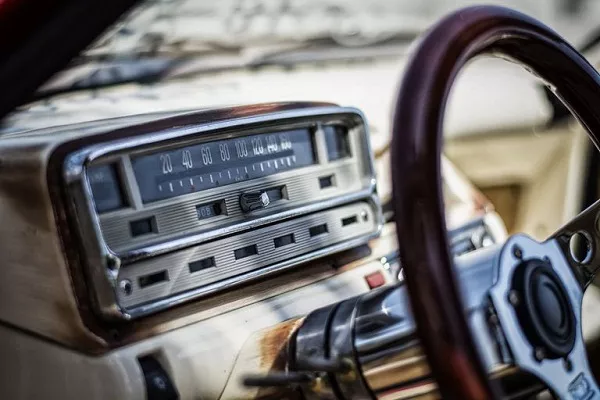
Car head unit needs to be maintained regularly
It can be difficult to diagnose a car’s electronics systems and the symptoms of trouble can be hard to catch. Some issues occur intermittently, making it difficult to isolate a problem and identify its cause.
If your car’s radio or head unit suddenly stops working, you may need to replace the unit altogether, and that might mean shelling out a large amount of money.
But you can try to fix it yourself or at least diagnose what’s wrong. Philkotse.com prepares some of the common car radio issues, symptoms, and tips to troubleshoot these.
1. Speakers have no sound
This is the most common problem car owners encounter. It might have something to do with your car’s amplifier, so if you have a spare external amplifier or speaker wires, connect those and see if they solve the issue. It can be a bit tricky to do this, as the location of the vehicle’s amplifier varies for every car model.
Some have in-line fuses, while some have more than one fuse. If the amplifier fuse appears to be busted, it can be why you cannot hear anything from it.
Further, check if there are any bad connections or broken wires by looking at the physical placement of the wires and their connections. Is there any visible damage? Try to check the sound with your car’s door opened and closed to identify further connection problems.
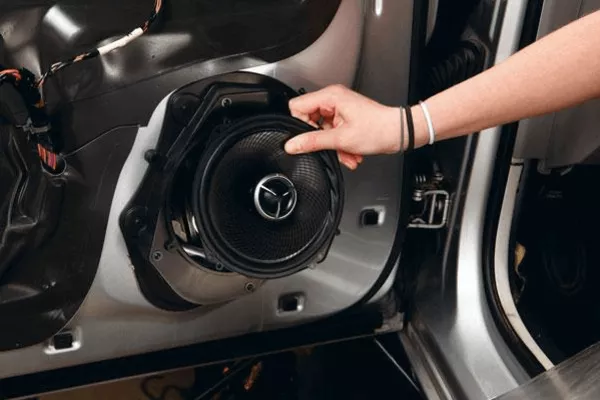
One of the most common car audio system problems is not having a sound
>>> Worth your read: How loud should you play your music while driving?
2. Radio stops working
If this happens, check the power source. When a car’s radio stops working, the wiring is the most likely the cause. A car radio uses a fuse to prevent any power upsurge damage.
If the fuse is blown, the circuit audio will break, causing the radio to stop working. If the car radio sound and display intermittently work, then the head unit might be receiving insufficient power.
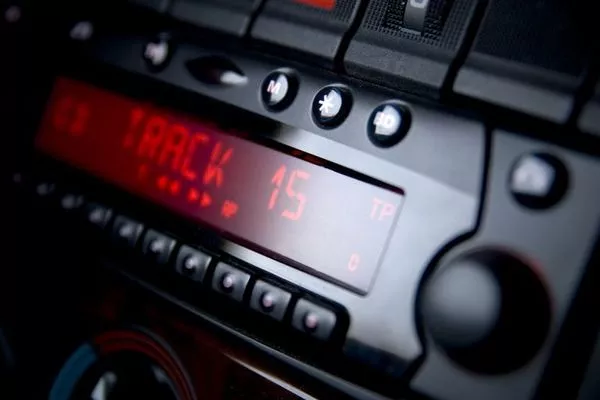
Wiring is most likely the cause for the car radio to stop working
3. A newly installed head unit doesn’t power on
What is a new head unit that does not work after installation? It’s possible that the amplifier’s protection mode was activated when maybe the power being produced by the alternator was too much. Then the amplifier detected the need to protect itself from damage.
Another cause could be the battery not being able to supply constant voltage to the audio system. In this case, use a voltmeter to check the flow of electricity to the head unit. Also, consider checking if the battery’s water needs to be refilled. If all else fails, inform the store about your newly-purchased unit’s issues.
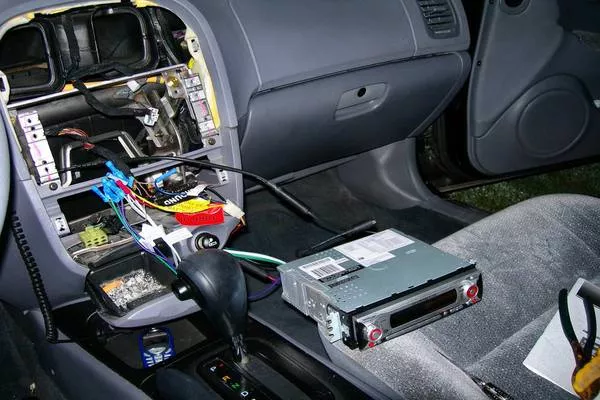
Even if it’s a new head unit, there remains a chance that it won’t work after installation
>>> Related post: Customizing the car audio system: 7 tips for Filipino drivers
4. No bass
Car speakers should push air at the same time for bass to be heard from it. The lack of bass happens when one speaker pushes the air, while the other speaker does the opposite and pulls the air in. The speakers’ polarity is off.
To resolve this issue, double-check the wires of the speakers and ensure that the stereo amplifier, as well as the head unit, is connected correctly. The positive terminal of the speaker should be connected to the component’s positive terminal or anything it should be attached to, including the battery.
It should also be the same case for the negative station.
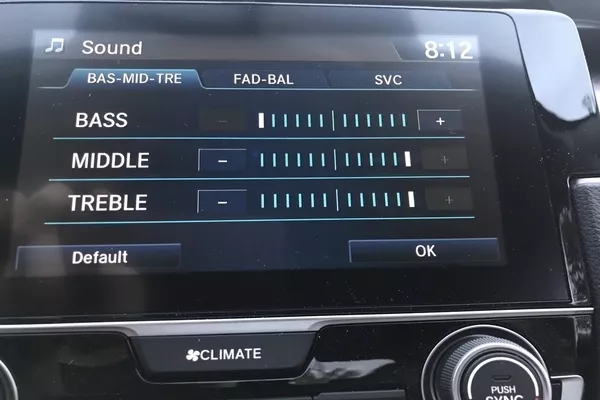
If there is no bass from the car speakers, it is likely that an upgrade has happened
5. Unwanted noise in the audio system
Having a noisy audio car system can be frustrating and sometimes even frightening, especially if the noise comes and goes. If you hear an alternator whining sort of sound, check the condition of the charging system of the car. Inspect the physical connections between the battery and the audio system components.
If you hear a sound similar to an accessory pop, check the voltage and make sure that no sudden spikes are being recorded. Lastly, if the speaker is going haywire with crackling and popping noises, it might just due to poor radio connection or poor input quality.
You also have to consider how old your head unit and assess if it’s time to purchase a new car head unit.

Having a noisy audio car system can be frustrating
Troubleshooting a defective head unit might be a little tricky for most of us because it would entail above-average car and electronic knowledge and skills. If we don’t think we can hack it, then enlisting the help of your trusted car mechanic is the way to do it.
Recent posts
- 5 reasons why Apple Carplay & Android Auto are not reliable as in-car apps Aug 09, 2022
- Car care: Must-know tips to maintain your car infotainment touch screen Aug 17, 2022
- Advantages of touchscreen car console & 8 tips to choose the best one Mar 18, 2019
- Best in-car entertainment ideas to fight boredom while in a long drive Oct 31, 2017












